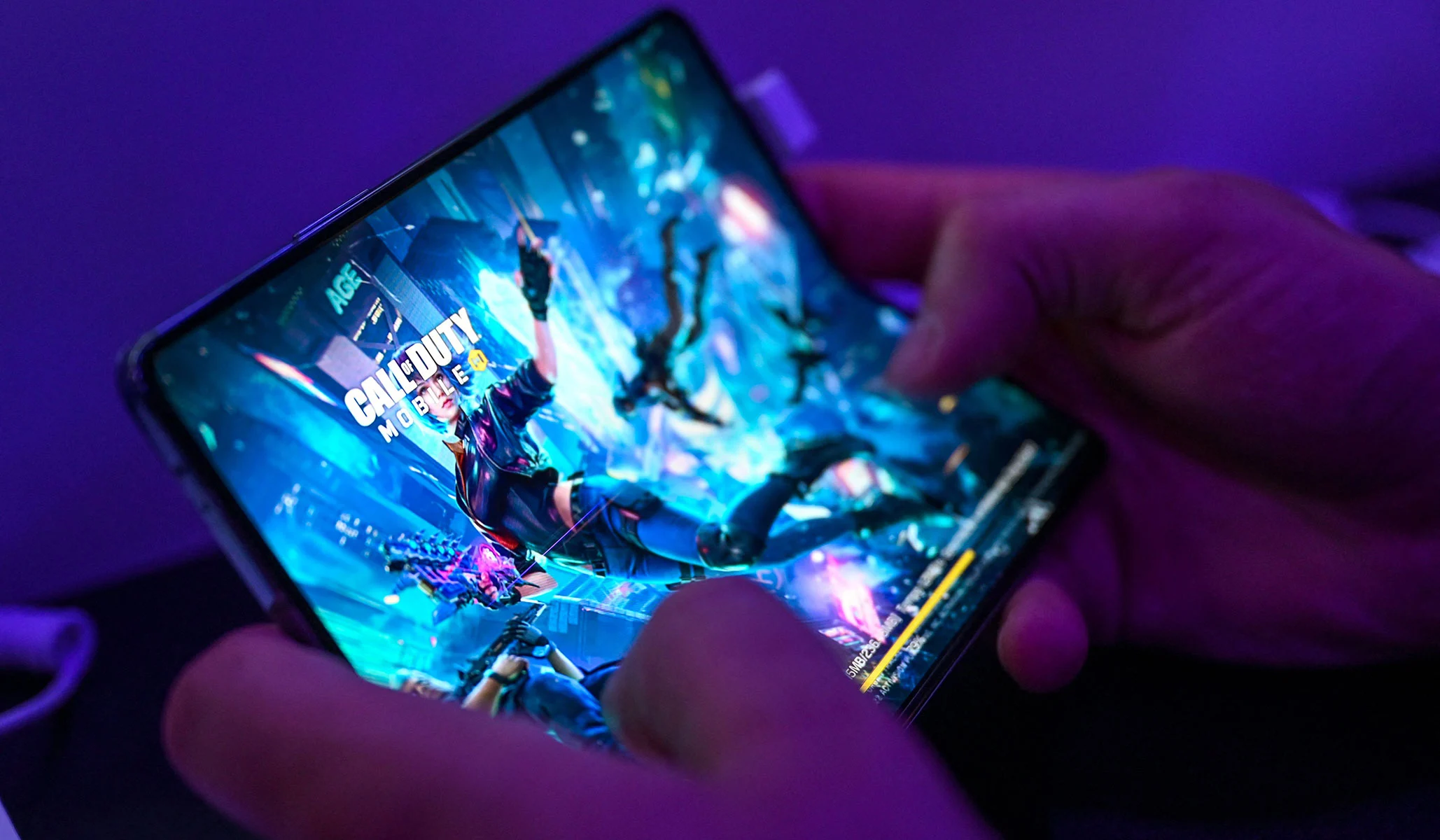The Federal Trade Commission (FTC) is taking a firm stance against Microsoft’s acquisition of video-game company Activision Blizzard. The FTC is filing to block the merger in a federal district court, requesting a temporary restraining order and injunction to prevent the deal from closing before the case is adjudicated in the agency’s in-house administrative court. Microsoft aims to gain a foothold in mobile video games by purchasing Activision and its popular titles. The video-game industry now surpasses the earnings of the movie and music industries combined, with mobile gaming being the largest and fastest-growing segment of the broader video-game market, generating $92 billion in revenue in 2022.
However, the FTC is concerned that Microsoft’s acquisition would not allow competitors such as Sony or Nintendo to offer Activision’s popular games. The FTC wrote in a press release that the acquisition “would enable Microsoft to suppress competitors to its Xbox gaming consoles and its rapidly growing subscription content and cloud-gaming business.” Microsoft has already offered to remedy those FTC concerns by pledging to offer Call of Duty on Sony devices for ten years, possibly much longer than the game will remain a top pick among users. However, Sony called the offer “inadequate” and continues to lobby regulators in the U.S. and around the world to block the sale.
Microsoft points to the incentive to keep offering Call of Duty to Sony because two-thirds of the game’s players are on Sony’s PlayStation. The company would be foolish to lose the revenue from those players’ in-game purchases, a large source of revenue. It has every financial incentive to offer Activision’s games to users of competitors’ consoles. The economics of the FTC’s case do not add up either. Microsoft is not trying to purchase a competitor or proceed with what is known as a horizontal merger, where the acquired company is a direct competitor of the purchasing company. Those deals typically come under more U.S. antitrust scrutiny because of potential price increases with one less firm in the market.
The Activision deal would be a vertical merger, as their products would be folded into Microsoft’s video-game supply chain. Those types of deals have long been recognized by U.S. antitrust authorities as producing efficiencies that benefit consumers. Even the regulatory authorities of the European Union have cleared the deal to go forward. The FTC’s pursuit of the case may be due to the agency’s leadership’s desire to expand the scope and activity of competition law in the U.S., no matter how many failures in court that brings. This is an ideological war on “bigness” and the consumer-welfare standard, with roots stretching back to the progressive dogma of the early 20th century. In blocking Microsoft’s acquisition of Activision, the FTC may be thwarting the rise of a useful rival to Apple and Google’s dominance of mobile gaming.

